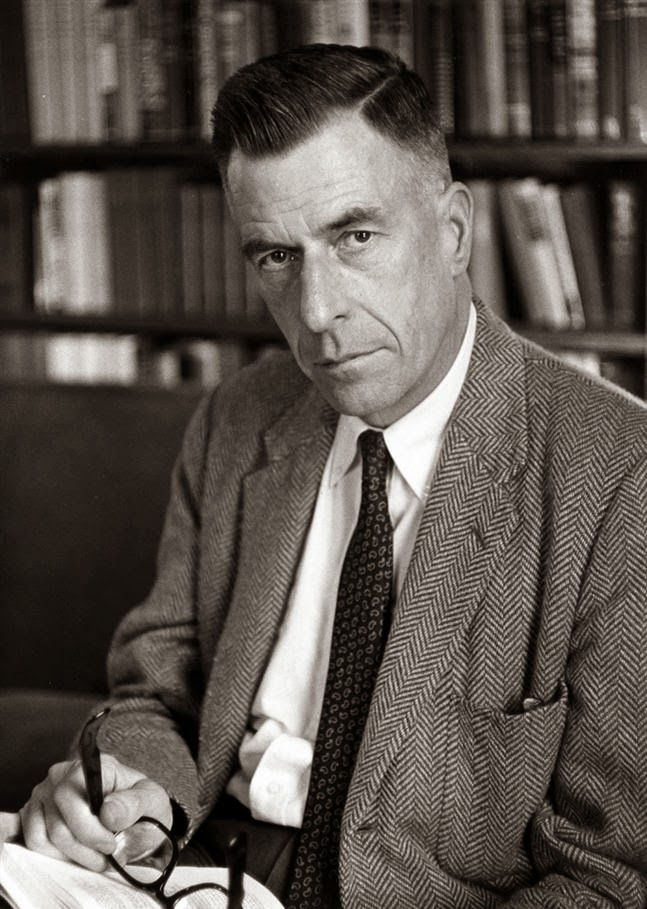Bacon and Darwin
At age
35, Bacon engaged in the courtship of Elizabeth Hatton, a young widow of 20.
Reportedly, she broke off their relationship upon accepting marriage to a
wealthier man, Edward Coke. Years later, Bacon still wrote of his regret that
the marriage to Hatton had not taken place. At the age of 45, Bacon married
Alice Barnham, the 14-year-old daughter of a well-connected London alderman and
MP. Bacon wrote two sonnets proclaiming his love for Alice. The first was
written during his courtship and the second on his wedding day, 10 May 1606.
When Bacon was appointed lord chancellor, “by special Warrant of the King,”
Lady Bacon was given precedence over all other Court ladies. Reports of
increasing friction in his marriage to Alice appeared, with speculation that
some of this may have been due to financial resources not being as readily
available to her as she was accustomed to having in the past. Alice was
reportedly interested in fame and fortune, and when reserves of money were no
longer available, there were complaints about where all the money was going.
Alice Chambers Bunten wrote in her Life of Alice Barnham that, upon their
descent into debt, she actually went on trips to ask for financial favours and
assistance from their circle of friends. Bacon disinherited her upon
discovering her secret romantic relationship with Sir John Underhill. He
rewrote his will, which had previously been very generous to her, leaving her
lands, goods, and income, revoking it all.
On 2nd
of October 1836, Darwin was already a celebrity in scientific circles as in
December 1835 Henslow had fostered his former pupil's reputation by giving
selected naturalists a pamphlet of Darwin's geological letters. Darwin visited
his home in Shrewsbury and saw relatives, then hurried to Cambridge to see
Henslow, who advised on finding naturalists available to catalogue the
collections and agreed to take on the botanical specimens. Darwin's father
organised investments, enabling his son to be a self-funded gentleman
scientist, and an excited Darwin went round the London institutions being fêted
and seeking experts to describe the collections. Zoologists had a huge backlog
of work, and there was a danger of specimens just being left in storage. Charles
Lyell eagerly met Darwin for the first time on 29 October and soon introduced
him to the up-and-coming anatomist Richard Owen, who had the facilities of the
Royal College of Surgeons to work on the fossil bones collected by Darwin.
Owen's surprising results included other gigantic extinct ground sloths as well
as the Megatherium, a near complete skeleton of the unknown Scelidotherium and
a hippopotamus-sized rodent-like skull named Toxodon resembling a giant
capybara. The armour fragments were actually from Glyptodon, a huge
armadillo-like creature as Darwin had initially thought. These extinct
creatures were related to living species in South America.
























